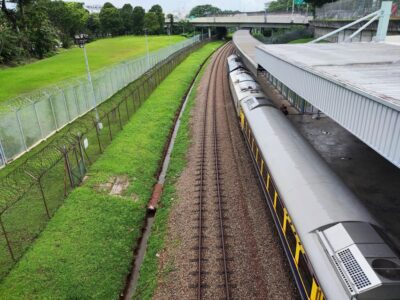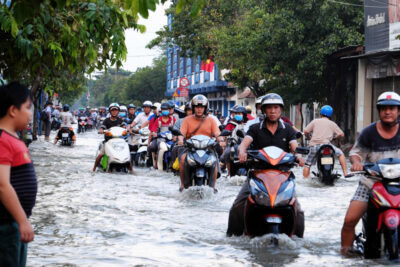This Chinese city is relaxing tax rules on home sales

Dongguan is now the latest among mainland Chinese cities relaxing its property curbs as the country grapples with slower economic growth.
The city in Guangdong province now gives home owners more options in paying taxes on income made from selling residential property.
Sellers in Dongguan can now choose to pay just two percent of the total transaction price in addition to the option of paying a 20 percent tax on the increase in price of their property, Caixin Global reported.
Homeowners stand to reduce their taxes dramatically under the new policy. For example, selling a property originally worth CNY1 million (USD150,000) for CNY2 million would translate to just CNY40,000 in taxes instead of CNY200,000.
Levies on Chinese home sales largely depend on practices of local tax bureaus, even though both calculations have been made available nationwide by the State Administration of Taxation to house sellers since 2006.
Prior to this policy change, Dongguan was one of the major cities in China that clung to stringent levies on home sales. Guangdong’s provincial capital, Guangzhou, had earlier made similar changes on residential property taxation measures.
This leaves Beijing as one of a few holdouts in a wave of cities loosening property curbs to mitigate the weakening housing market.
Recommended
Thailand advances digital finance with blockchain real estate push
Issues over marrying blockchain incentives to a physical asset class is hampering Thailand’s digital finance push
Johor Bahru emerges as a key economic partner to Singapore
Once regarded as a poor relation across the causeway, Johor Bahru is cementing its status as an integrated economic partner to Singapore
Vietnam sets new rules to reward clean energy producers
Vietnam’s government has passed new regulations allowing homeowners and landlords to sell solar power back to the national grid for the first time
Bangkok developers shift focus to safer low-rise and suburban projects
Concerns over Bangkok’s seismic safety in the wake of the recent Myanmar earthquake have prompted a shift toward low-rise developments







